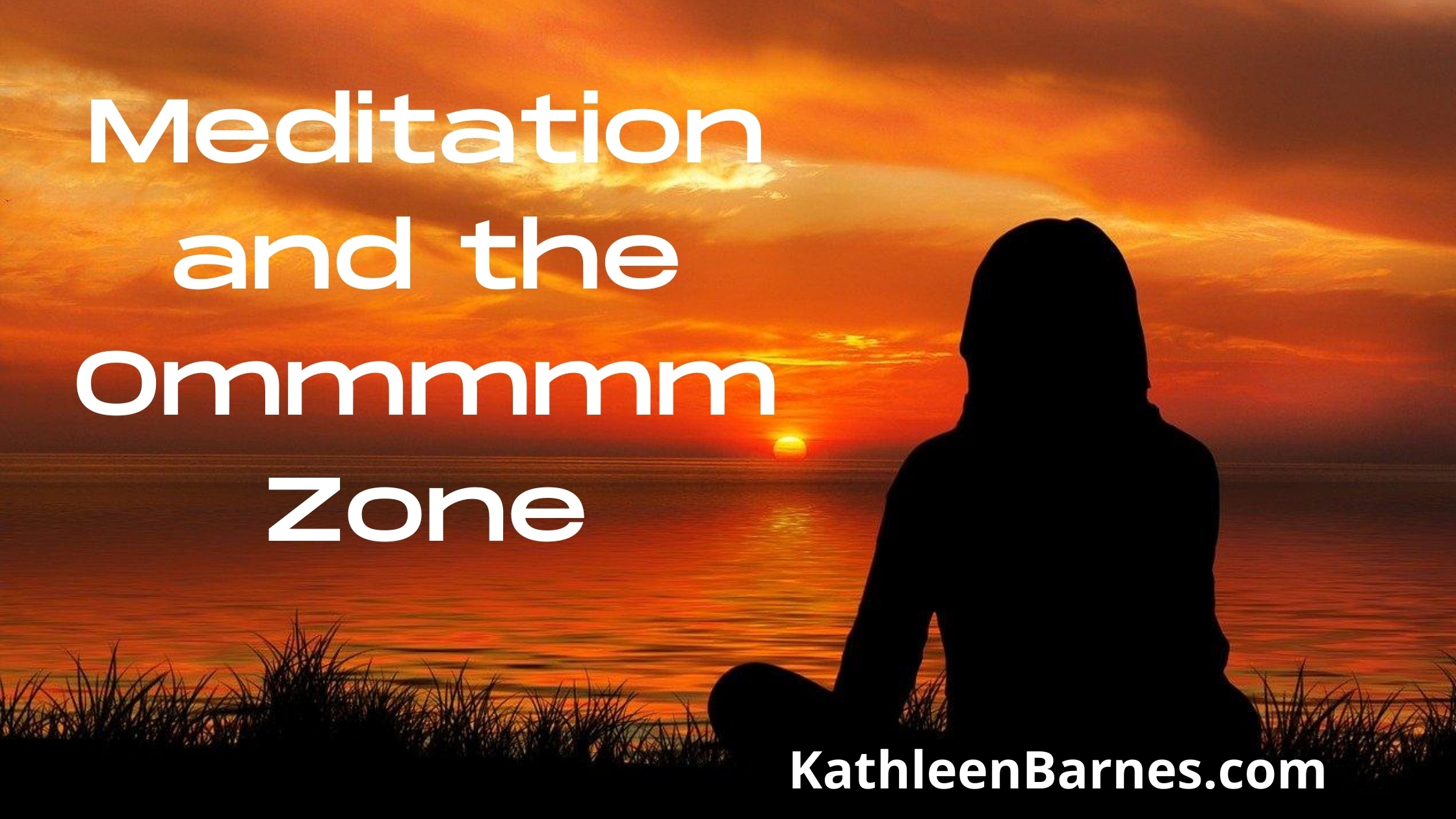 Most of us think that meditation is an esoteric practice, perhaps a spiritual practice and the province only of the enlightened.
Most of us think that meditation is an esoteric practice, perhaps a spiritual practice and the province only of the enlightened.
I’ve been a meditator for most of my adult life and I find it amusing that science is finally catching up with what millions of meditators know intuitively: Meditation helps us to cope with our modern stress machine that has no “off” switch. In these difficult times, most of us need that “off” switch more than ever.
When was the last time you turned off your phone, shut down your computer and powered down your iPad? How many times have you interrupted a conversation to answer a text or pick up a call? Do you check your e-mails while you’re watching a movie? How about when you’re in a meeting? Is your phone on the table in front of you or are you peeking at it during a Zoom?
For most of us, electronics rule our lives and we have become powerless to power them down.
I’ve recently learned how much fun it is to ignore my phone when it rings. There are very few callers who can’t wait a few minutes—or a few hours—to talk to me.
So how can you take a break? And if meditation is an answer for you, what is it and how does it work?
There are dozens of forms of meditation, all of them with the explicit purpose of slowing and even stopping mind chatter. If you’ve tried sitting quietly even for a few minutes, you have probably discovered how difficult this can be when your mind is rattling on about the phone call you need to make, the dinner menu and what you need to pick up at the grocery, the D your son got on his math test and on and on . . .
A spiritual teacher once told me that the mind is like a coconut—a tough nut to crack. I laugh at myself when my hard-headed mind begins thinking about what I’ll wear to a meeting a week from Tuesday and what I might fix for dinner at a party that is three weeks away. That’s a sign to me that my mind is really resisting turning off.
Recognition and laughter are the most effective means I’ve found to address these mind wanderings.
One of easiest and most effective means of meditation involves simply sitting comfortably (I use a chair) and observing your breath. This requires a great deal of attention. And when (not if) your attention wanders, you resist the temptation to beat yourself up over your “failure,” and simply go back to watching your breath.
I think self-acceptance is the most difficult–and the most rewarding—part of a meditation practice. When I’m sitting in my meditation chair and the dogs bark or my mind wanders, it’s hard to say to myself, “Oh, there’s a thought,” and then go back to watching my breath without repeated that endless mind loop of “Ah, you messed up again,” or “You can’t do this” or (my favorite) “This is a waste of time.”
The mind is an amazingly manipulative thing!
It’s mostly a matter of getting out of my own way.
This form of meditation, called vipassana by Buddhists, has been popularized in the West by Jon Kabat-Zinn, a professor of medicine and founder of the University of Massachusetts’ Stress Reduction Clinic and Center for Mindfulness in Medicine, Health Care and Society.
Part of Kabat-Zinn’s success with Mindfulness Based Stress Reduction (MBSR) has been his ability to help hundreds of thousands of students discover that meditation has practical applications in today’s world. We can take or leave the esoteric aspects.
Science now shows us that meditation is one of the most effective means of stress relief we know and chronic stress causes profound damage to the human organism.
I don’t believe anyone can be taught to meditate. Yes, a teacher can give you some techniques and help you find the most effective forms of meditation for you. You may not respond to the MBSR technique of following your breath, but you find that gazing at a candle or walking in a wide circle or repeating a word or two over and over or humming a certain sound works for you.
Meditation requires practice. It’s not arduous, but it must be regular. If you set aside 15 minutes a day, the practice will come and you will get results.
Accept the mind chatter. Accept yourself.
Your mind will slow down. Your central nervous system will respond to the stress relief. Your adrenal glands will stop flooding your body with stress hormones. Physical and emotional pain will ease. Your life will get better.
I promise.








love each week that you teach us what we need to learn, thank you so much